Meet Your Creator: 'Imogen Quest' Creator Olivia Walch
by Caleb GoellnerOlivia Walch's Imogen Quest is good-natured and that may have something to do with the fact that, indeed, so too is Walch. It's no wonder, really. The Ph.D., creator of the Squigglish and Sketch Anything art apps, and cartoonist is interested in human behavior, fascinated by technology and immersed in art. It's tough to go far in any of her respective fields without caring about the human condition. But are her interests combined? Compartmentalized? ...Corrupted??? Read our full interview for a view into Walch's cartoonist modus operandi.
GoComics: Everyone in comics has a unique path that's brought them to the medium, but yours is particularly accomplished. What made you decide to create Imogen Quest on top of everything else you've got going on?
Olivia Walch: I started drawing comics in college after having doodled in every margin in all of history. It’s always been fun, but I wouldn’t have kept making comics throughout grad school if it hadn’t also been a kind of therapy for me. (I’m enormously lucky that I’ve never needed to crank out comics in order to pay my rent, otherwise therapeutic is not the word I would be using here).
A lot of my jokes come from me trying to find a name for a certain phenomenon or feeling, and once I find the right name for it, it’s like pressure that’s been building up in my brain is released. Then I can switch to working on my other stuff with a clearer head. This is one of the reasons my comics can get weirdly personal at times, so if you weren’t looking to know my deeply considered thoughts on zero-calorie carbonated water, well TOO BAD.
GC: Despite your background (or maybe because of it?) Imogen Quest isn't steeped in hardcore math or coding gags -- if anything it breaks down concepts in digestible ways. Is this a conscious decision on your part, or just a matter of what interests you as an artist?
OW: I love math and coding jokes, especially niche ones. At the same time, I think a lot about the potential for jokes like that to be wielded like a cudgel in the wrong hands. There’s a behavior you sometimes encounter, this whole, “Oh, you don’t get it? How could you not get it? Everybody should know this,” thing, where a joke gets repurposed into a shibboleth, a tool for excluding people who don’t know the right words from the group.
Which is one of the reasons I’ve decided my place in the ecosystem is to try to bring along for the ride those people who might not already be on the math/coding bus (while at the same time stuffing my own Downloads folder full of great math comics that spend less time on the exposition side of things).
GC: What do you think your various areas of expertise have in common and how do they feed off of one another?
OW: So much of making a comic for me comes down to distilling an amorphous blob of feelings and experiences into a nifty, manageable package. It’s really similar to the process I employ when I’m thinking about a math problem! I spend a long time bumbling around the terrain, trying to figure out what’s really important and what’s a distraction. Then, once I get traction in a particular direction, I shift to trying to find the simplest and most elegant explanation for what’s going on.
So, seeking parsimony is one way comics and my math work are really alike. They’re also great foils for each other: when I’m sick of a math problem, I can switch to comics, and when I’m tired of drawing, I can flip over to math and coding.
GC: What's your comic creation process like? Walk us through the creation of a typical Imogen Quest comic.
OW: Usually I get ideas for comics after I’ve annoyed everyone in my life by unintentionally repeating the same thought to them six or seven times. “Isn’t it funny we interact with computers like this,” I’ll say, thinking it's some big insight they’ve never heard before, when we’ll have actually discussed it just two hours earlier. Then I’ll be reminded of a trope or myth or story that bears a passing resemblance to whatever it is I’m talking about, and I'll write down the analogy between them in an unintelligible note in my phone’s Notes app. (I think a lot of comics creators do this.) Weeks later I find the note, and about two-thirds of the time I remember what it was supposed to mean. Right now, I’m trying to figure out what I was going for with “shady gross domestic product petty.” It’s written there, but I have no idea why.
GC: How often do people misspell your last name "Walsh" and do you hear the America's Most Wanted theme song in your head when it happens?
OW: 1) All the time, even me sometimes. 2) Yes, but that’s because it’s been playing non-stop in my head since 1996.
GC: Is there a topic or conversation you've thought about incorporating into your comic but keep backing away from like you can't quite parse how to make it work properly?
OW: Not to be TOO on-brand or anything, but I’ve been stuck on an explainer comic I've wanted to make for about six months now on a class of algorithms. I have a script written and everything! But the part of it that’s a comic feels kinda forced, like the drawings aren’t clarifying anything in particular. I’m gonna keep chipping away at it, though, because I’m convinced that with the right approach comics can be used to make almost anything more digestible.
GC: On the opposite side of that -- what's a developing story in our world that you're excited or curious about that you think will bear fruit in the not-too-distant future?.. and will that make its way into your comics?
OW: Always and forever: new technology! Technology’s my favorite thing to make comics about, even if the fact that it’s always changing means that the jokes sometimes have a short shelf life. As technology evolves, the rules for how people are supposed to interact are continually rewritten, and I think humor is one of the best ways for us to navigate it all.
GC: An increasing number of cartoonists -- especially webcomics creators -- enjoy the community aspect of what they do and the bonds they share with other creators. Has that been a part of your experience?
OW: EMPHATIC YES. My friends in the comics community are, like, my greatest treasure. Eleven-year-old me, terrified of strangers on the internet, would never believe it, but the people I’ve met through comics have made my heart purer and my skin complexion clearer. Thinking about how the community is so supportive while at the same time we’re all time making comics in our own unique ways gets me a little weepy, actually.
I play Dungeons and Dragons with a group of creators (Megan of Doodle for Food, Jane of The Pigeon Gazette, Wes of Nameless PC, Enzo of Cheer Up Emo Kid and Pedro of Rule Zero), and it’s one of my life’s greatest joys. We have a podcast called World Walkers (worldwalkerspodcast.com), which everyone should listen to, even if it means enduring my great honking laugh.
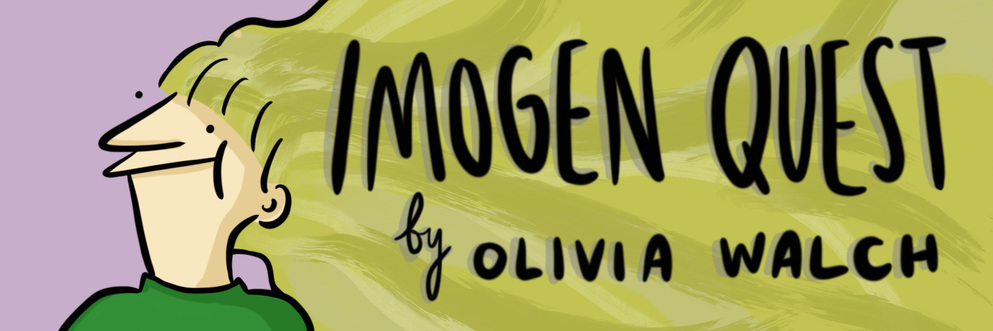
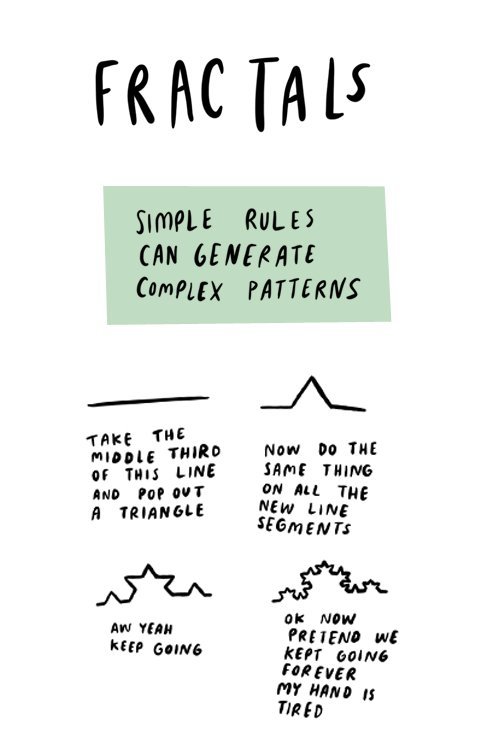
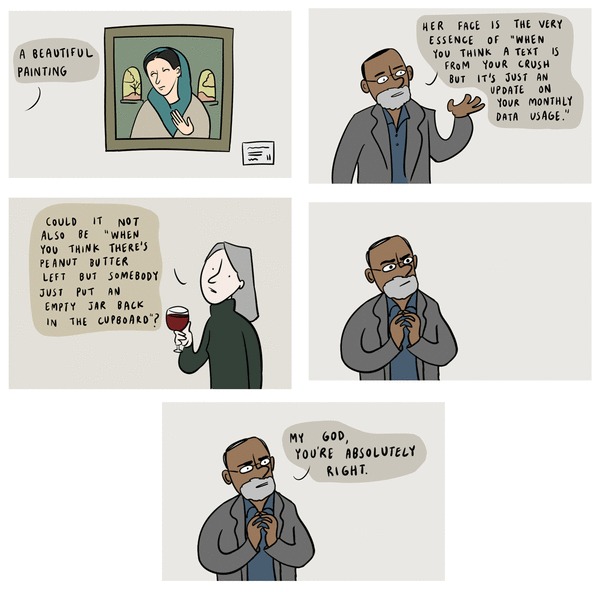


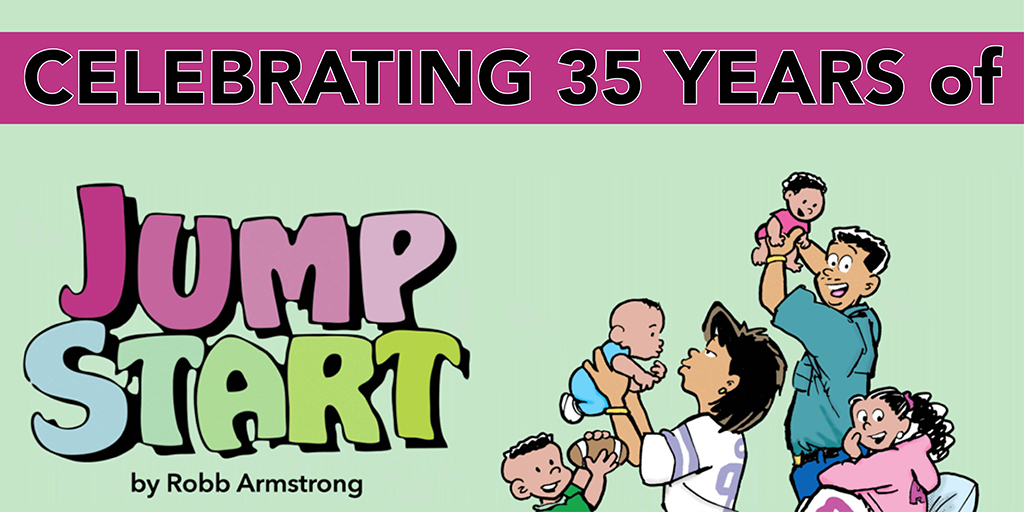
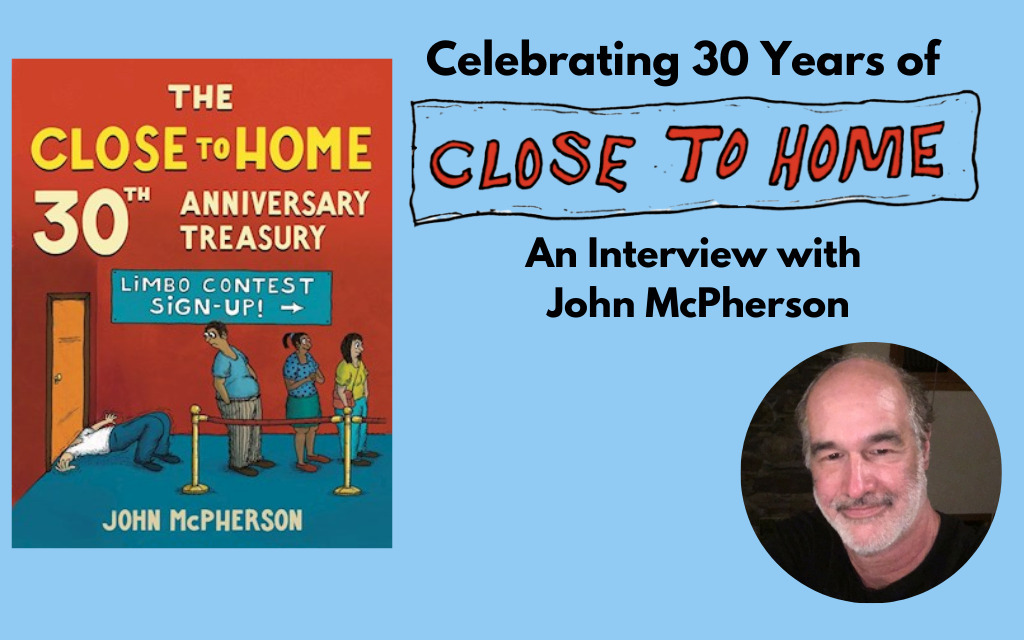
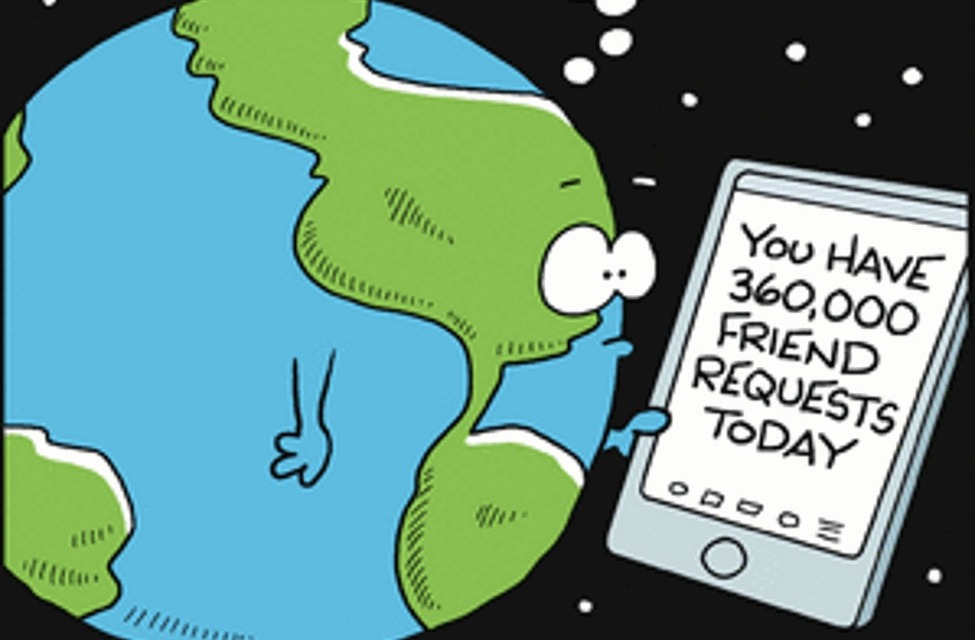
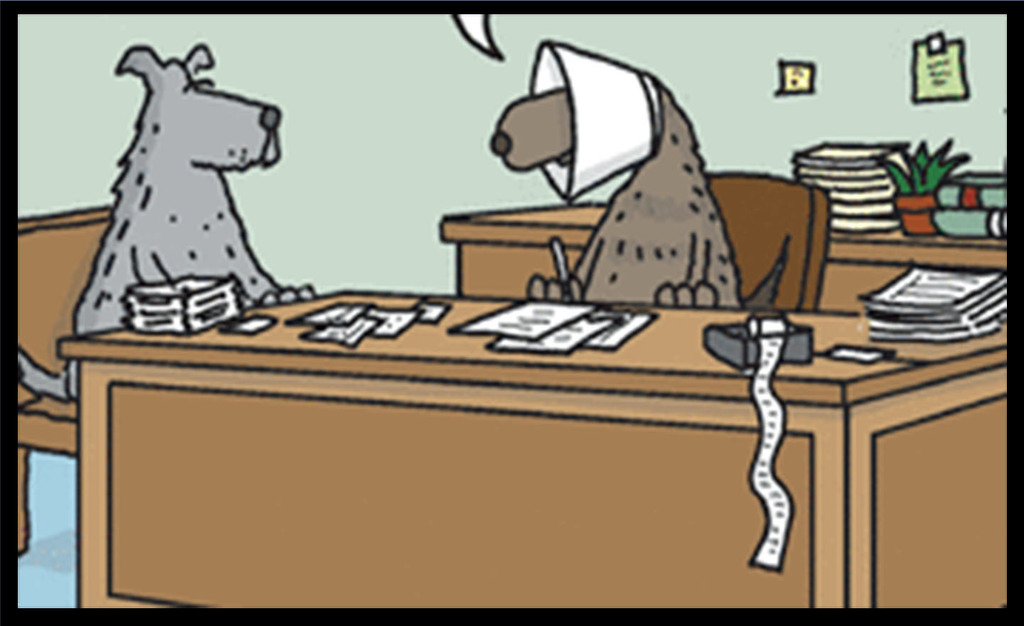
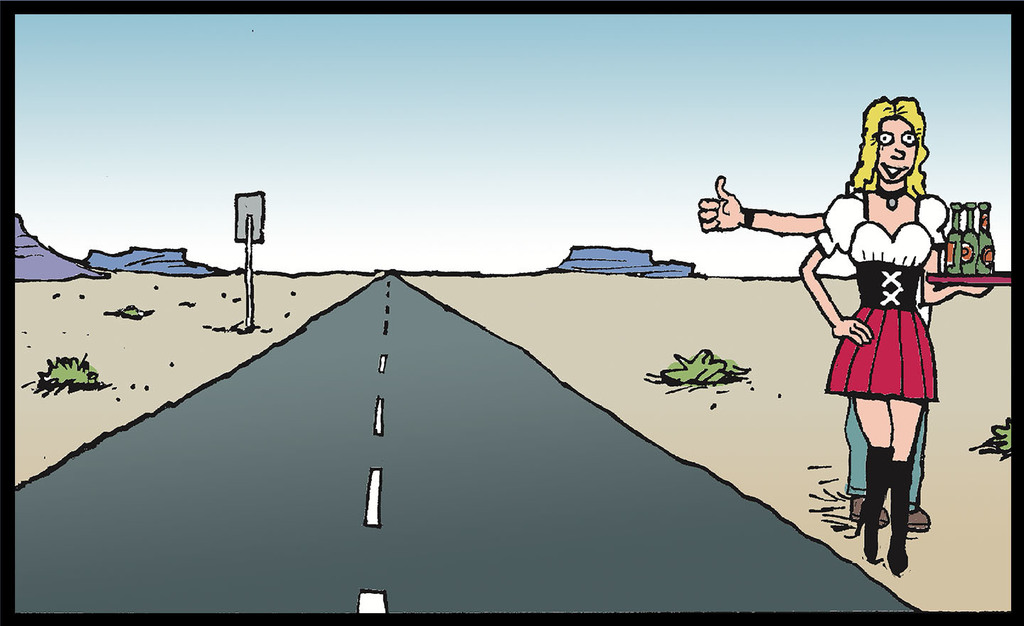
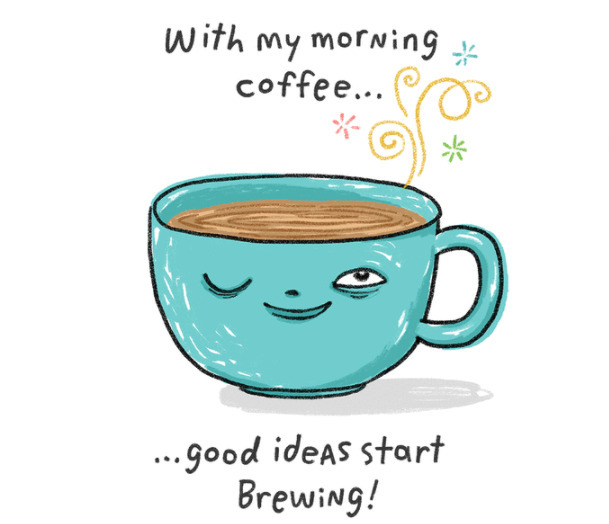
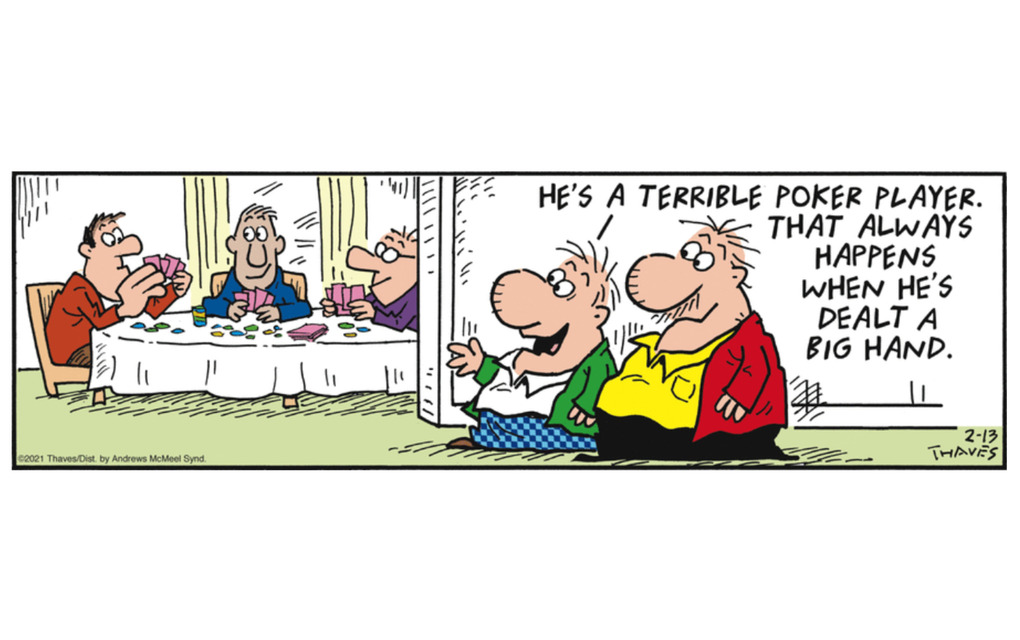
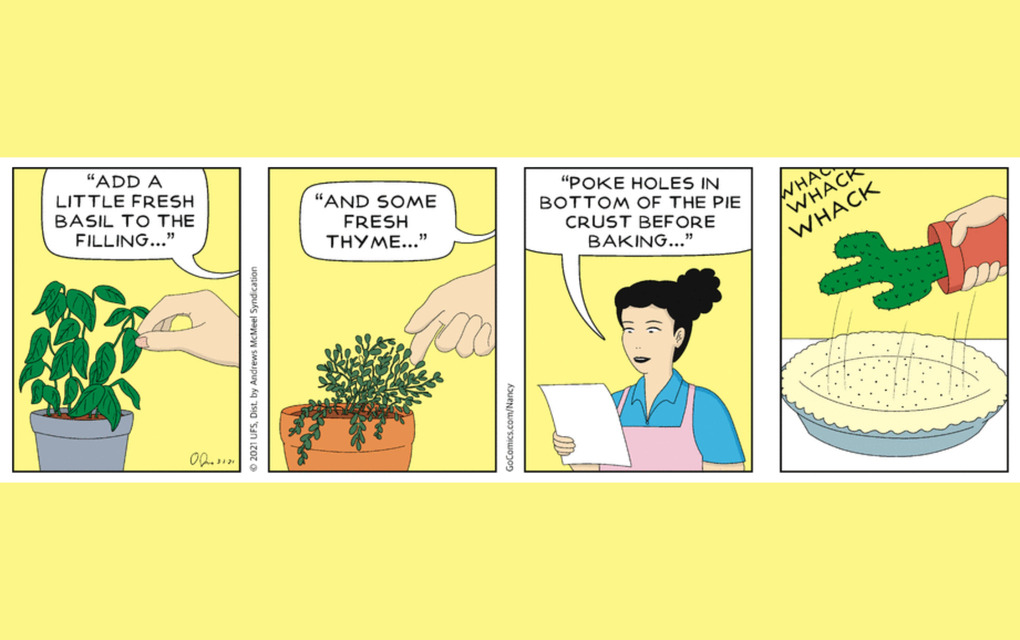
Comments
Featured Comment
Comment Policy
Sign in to comment